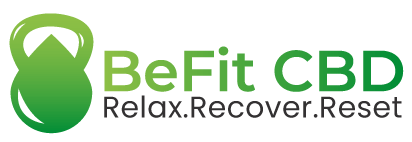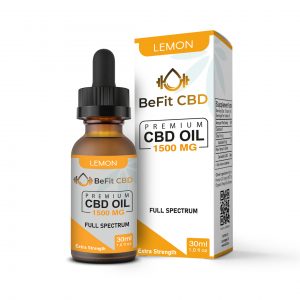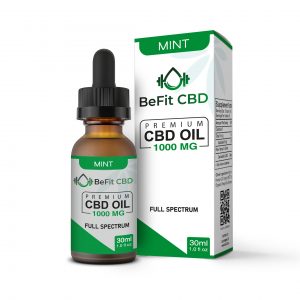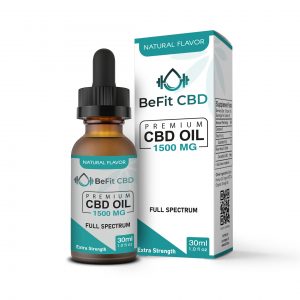What is full-spectrum CBD?
Whether from TV jingles, colleagues at work, viral internet stories, or in drug stores, there’s almost no day you don’t hear or read about CBD.
Although CBD is no longer news, more and more people are growing interest, hence, more inquiries about the compound.
Lately, we’ve received a significant lot of questions on full-spectrum CBD oil.
Thoughtfully, this article seeks to explain what full-spectrum CBD oil – Its meaning, benefits, and safety concerns.
What is Full spectrum CBD oil?
In short, full-spectrum CBD oil contains more than just CBD.
That is, full-spectrum CBD contains several cannabinoids, plus the high-causing THC and other plant matters, including terpenes, fatty acid, vitamins, proteins, and more.
With this in mind, full-spectrum is sometimes referred to as whole-plant extract.
Isolate CBD is yet another CBD variant. This product is so-called because it contains only CBD, without other chemicals in the plant.
CBD isolate is believed to have zero THC and also without flavonoids, terpenes, protein, and minerals.
What are Full-spectrum CBD benefits?
As research soars on the potency and possible adverse effects of CBD consumption, there’s been an increasing focus on full-spectrum CBD oil, particularly as regards drawbacks and potential benefits.
There are yet no substantial data to confirm the risks or benefits of full-spectrum CBD oil. Besides, most [of the few] research so far are animal-based.
However, with the reported similarity of the endocannabinoid systems in mammals and humans, the research reports look promising.
The entourage effect
The entourage effect is a hallmark of full-spectrum CBD Oil. This effect is obtained when different cannabinoids (compounds in the cannabis plant) act simultaneously to give a unique effect.
Studies have shown the increased potentials when cannabinoids are dosed together, than individually. This synergistic interaction – named the entourage effect – makes the full-spectrum CBD a more potential option than any standalone cannabinoid.
How is the CBD full spectrum made?
Full-spectrum hemp oil is derived from the flowers and leaves of the hemp plant.
The production process – after harvesting your matured hemp plant – begins with drying the stems, stalks, and flowers, and grounding. A mild extraction method is then used to extract the oil and protect the phytocannabinoids, which, in turn, ensure all the promising properties are well delivered in the extract.
Full-spectrum possible benefits
Pending when the US FDA establishes new regulations based on substantial research evidence on the potentials of the phytocannabinoids, retailers, and producers are banned from making any health claims regarding CBD products.
Although this sounds like a drawback, current research activities are a whole lot promising on the effect of specific compounds, which, hopefully, may lead to even greater discoveries.
Will full-spectrum CBD oil make you high?
No.
When consumed at a widely recommended dose, CBD products stand no chance to cause a high. With the low THC concentration in full-spectrum CBD oil (below 3. % legal benchmark), there’s no practical chance of getting high.
Wrap up
So, besides CBD, full-spectrum CBD oil delivers over a hundred cannabinoids derived from the hemp plant. While THC and CBD are the commonest, several other cannabinoids are available in low doses that, researchers think, can increase CBD’s effectiveness.
References
https://www.brookings.edu/blog/fixgov/2018/12/14/the-farm-bill-hemp-and-cbd-explainer/
https://www.medicalnewstoday.com/articles/cbd-isolate
https://www.ncbi.nlm.nih.gov/pmc/articles/PMC6770351/

 FREE SHIPPING ON ALL PRODUCTS
FREE SHIPPING ON ALL PRODUCTS


